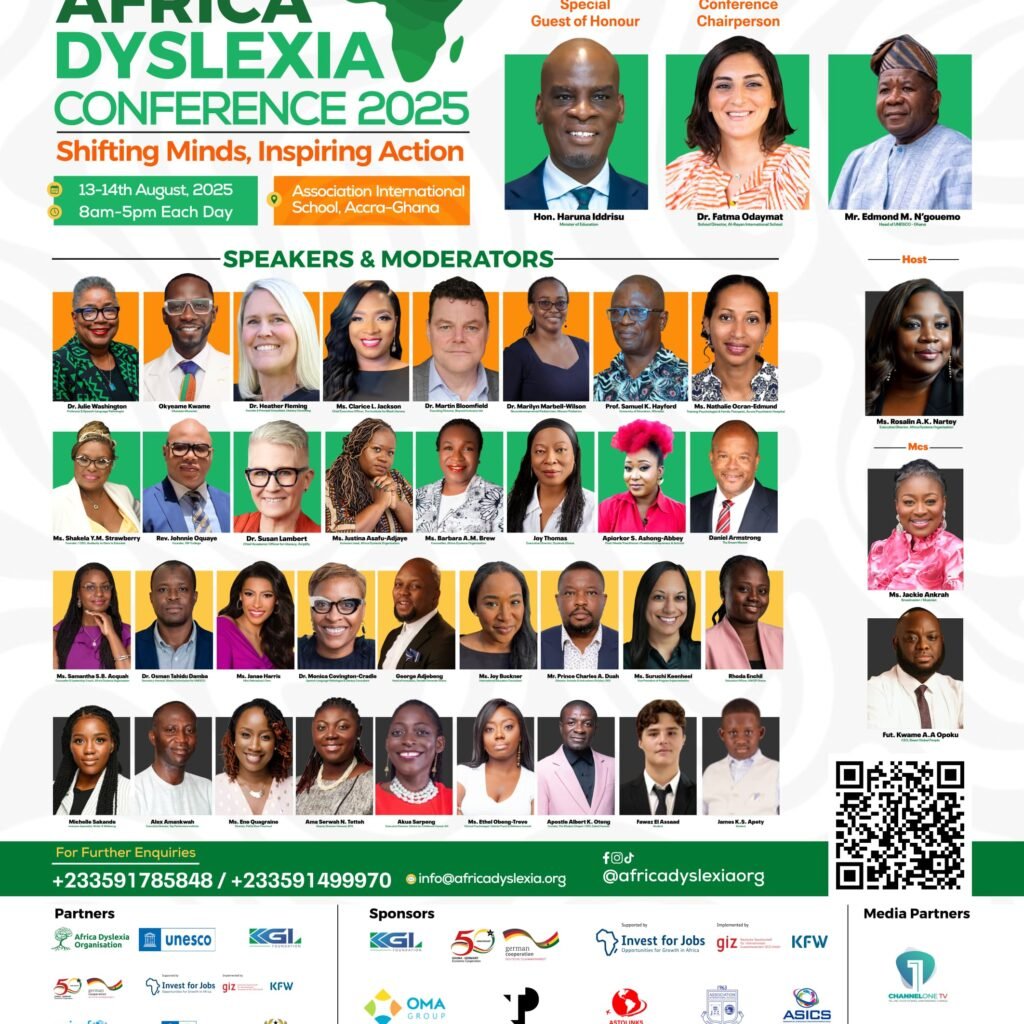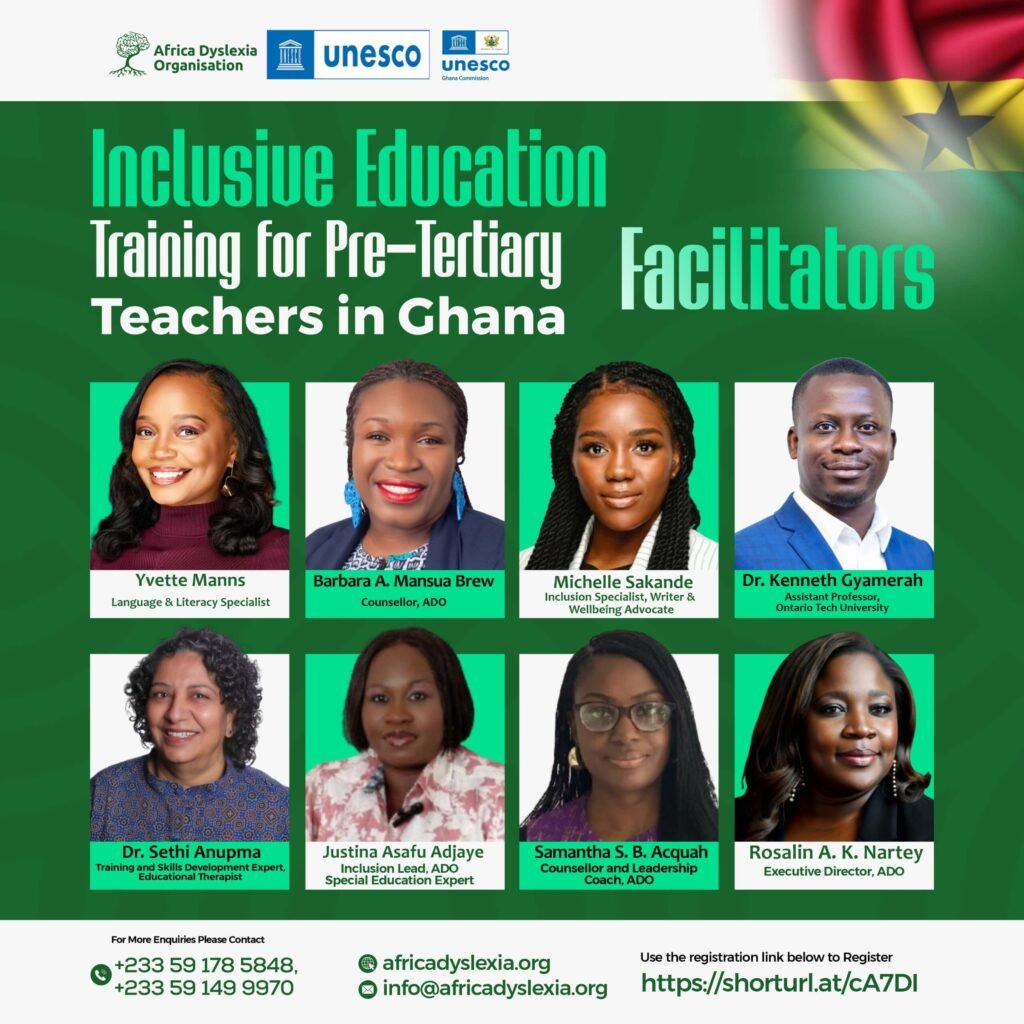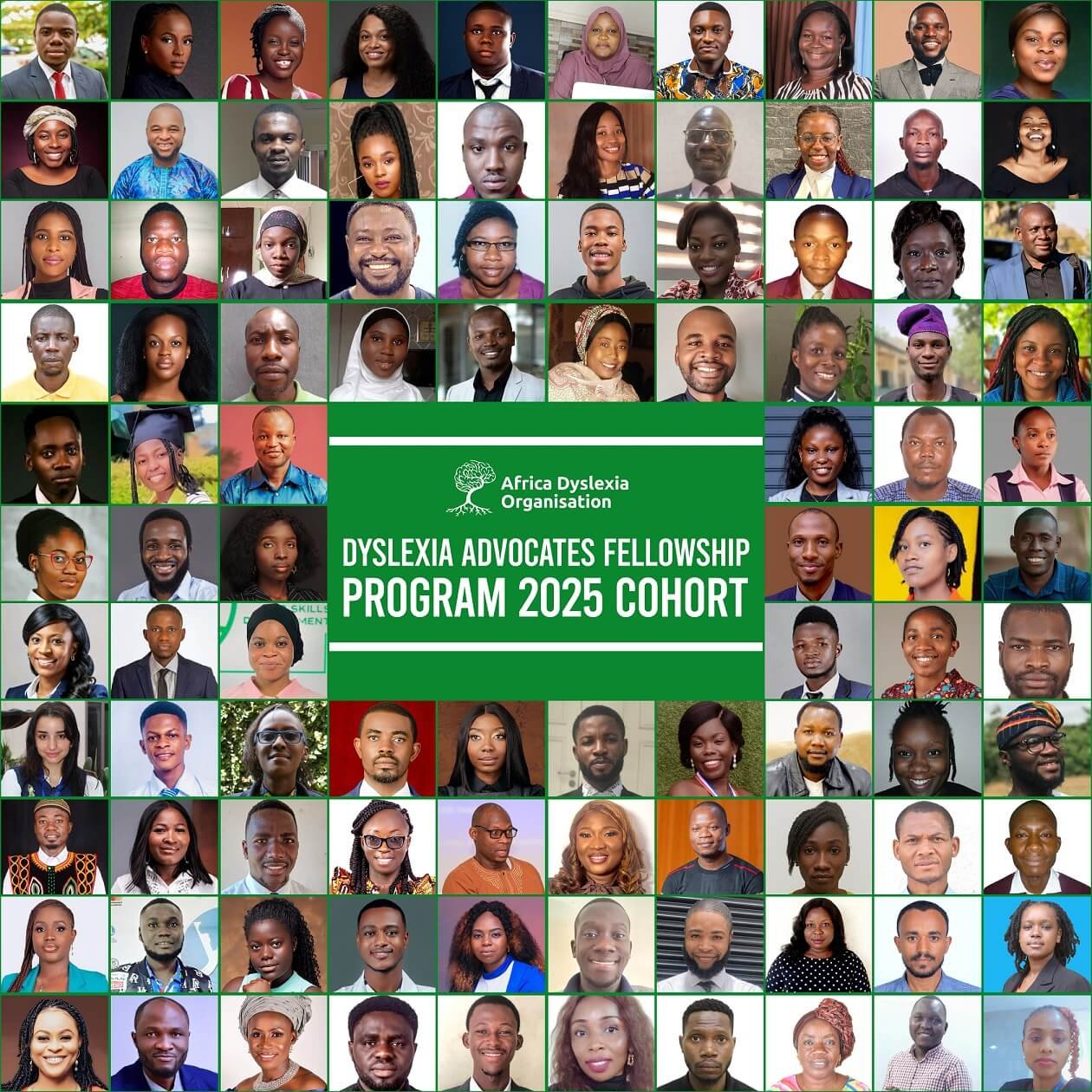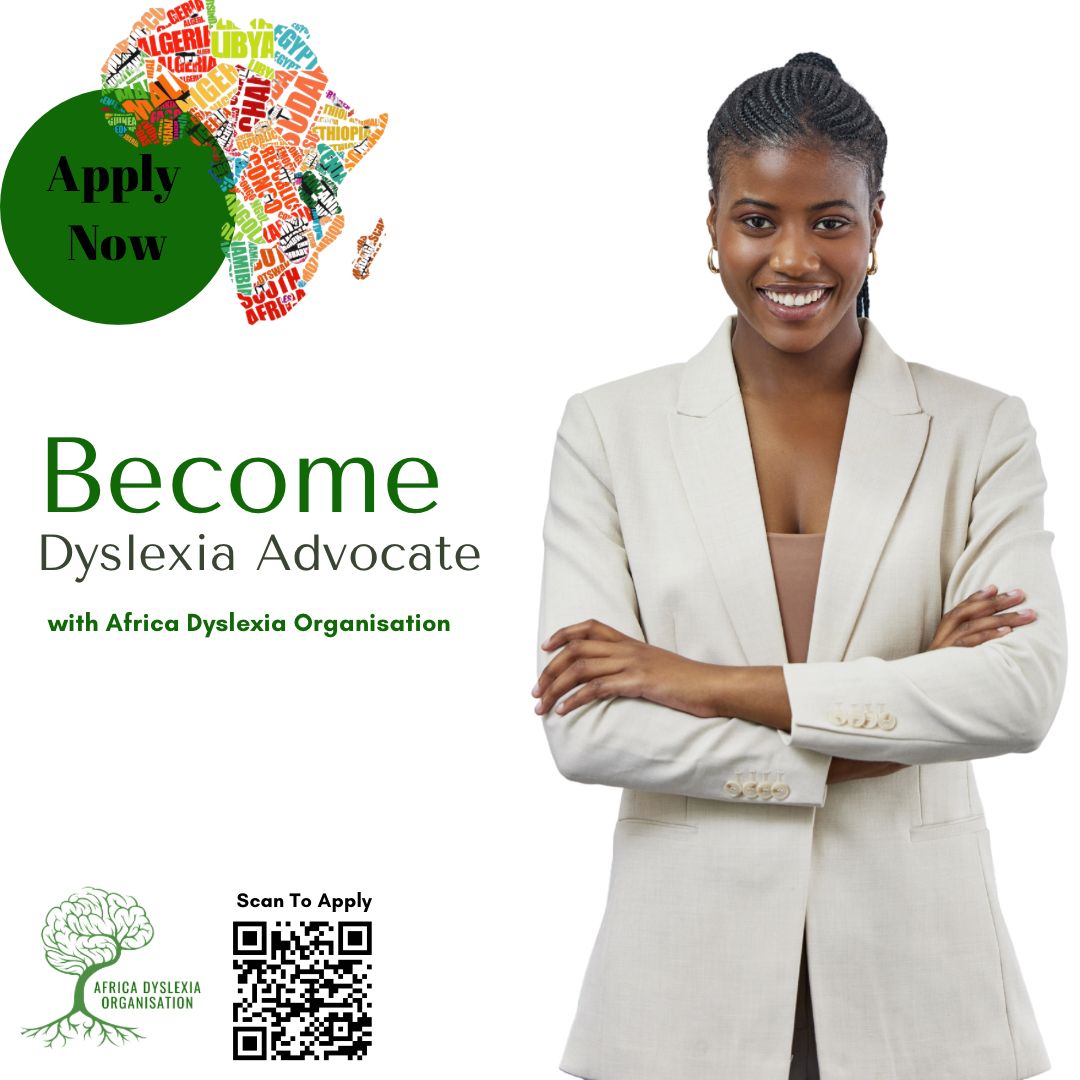No Child Left Unseen. No Talent Left Behind in Africa.
Mission
To empower dyslexics to become productive citizens whilst avoiding their marginalization in the formal education sector and labour market.
Vision
To build a world-class organisation dedicated to helping dyslexic people and those with specific learning differences across the continent of Africa.
Our Impact Highlights
0
Teachers Trained in Dyslexia & Related Learning Differences (Online Training )
0
+
People Reached Through Traditional & Modern Media Outreaches, Workshops and Conferences.
0
Dyslexia Advocate Fellows
in 38 African countries
ONGOING PROJECTS & EVENTS
Partners
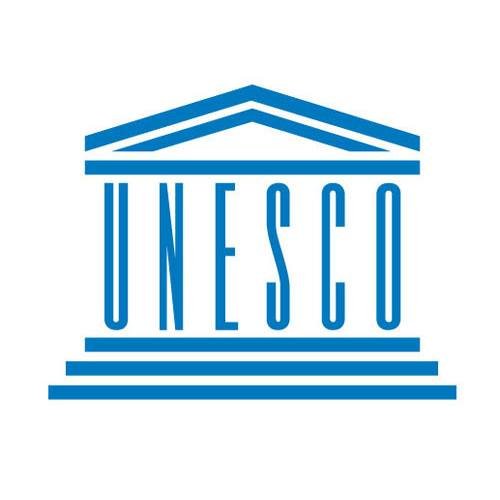
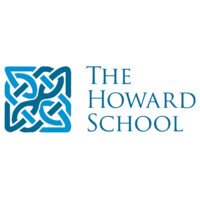
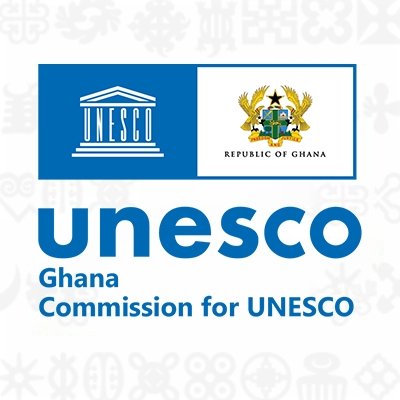
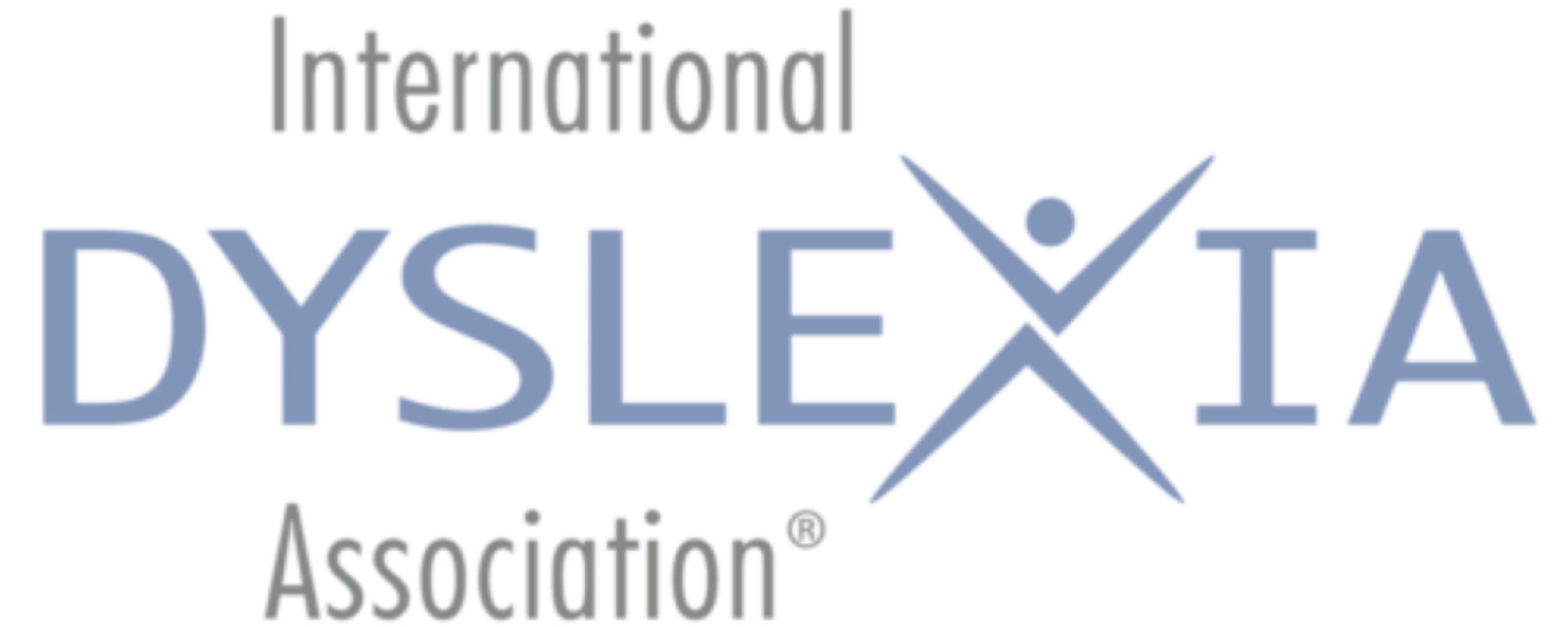



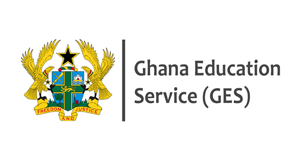
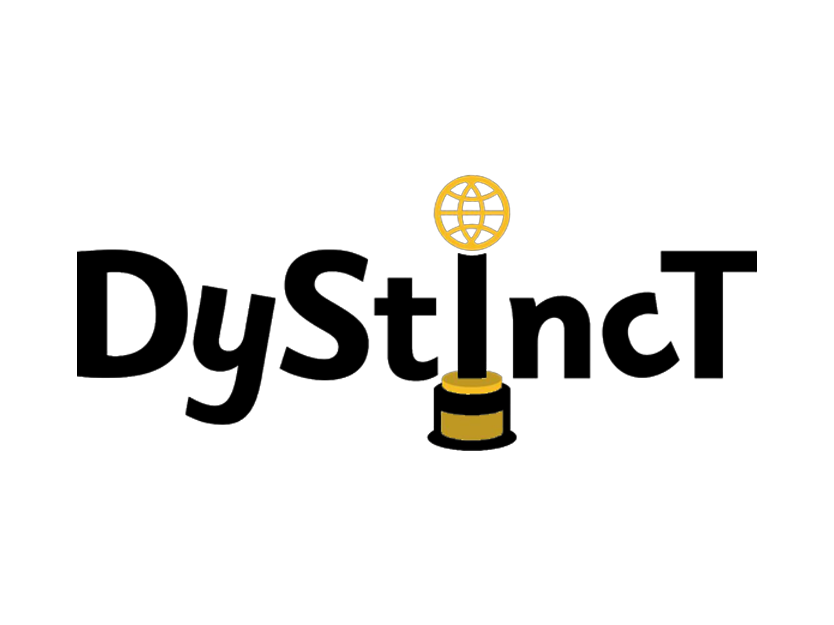
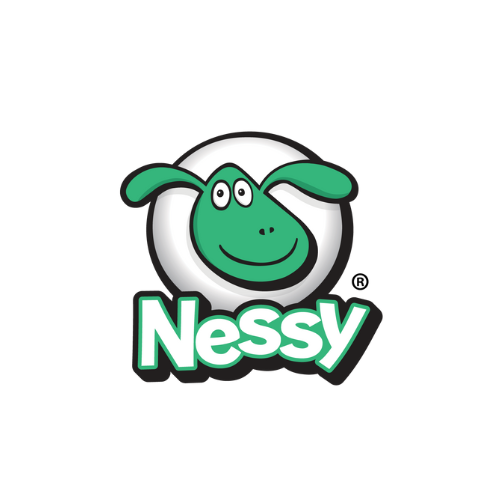


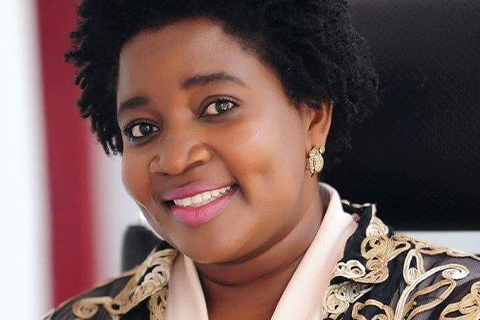
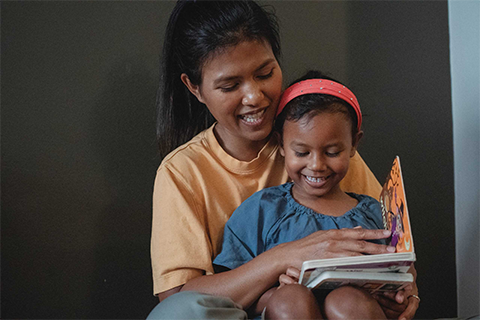
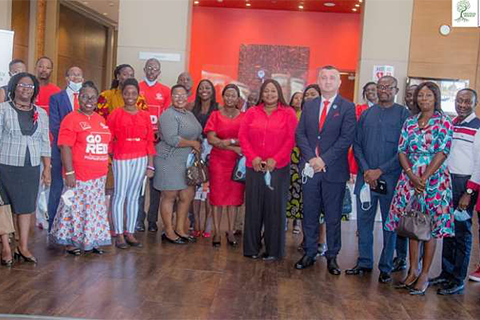
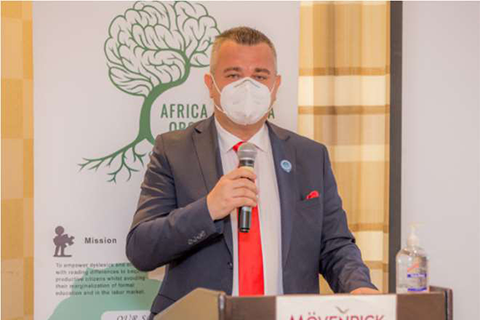

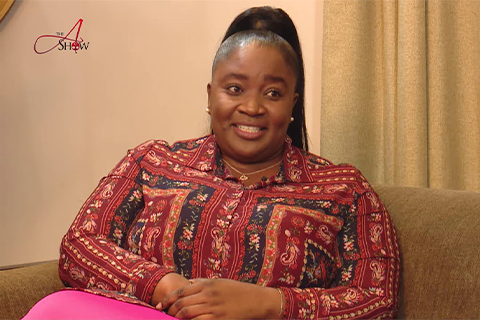


SUPPORT OUR CAUSE
Testimonials
Rosalin I like to thank you from my heart and tell you how happy I was with the answers I received to my questions when I call in to your office. My son who has dyslexia after the assessment is doing pretty now with your recommendations.
Mrs BineyMother
I want to thank you for your wonderful program. I have learned so much from you and now about to help my son with the resources you have given me.
Mr DansonFather
One of the best, if not the best dyslexia organization in Africa that I know so far championing an Excellent FAIR Inclusive Education policy, principally and solely for ALL...
I sincerely love and appreciate their unparalleled effort, zeal, and commitment.
Thanks!
Wilson Sedzro
I support the idea that every child counts...
We appreciate every effort ADO is putting in place to ensure that no child is left behind.
Danso Emmanuel Edem
If you are an educator and have a vision to help learners overcome their learning difficulties, then partner with Africa Dyslexia Organisation.
Westend University College
Detailed notes, explanations and videos to handle dyslexia and children with slow-paced Learning skills. Thank you
Genevieve Quaye
I appreciate this wonderful organization that is breaking ground, touching lives and reshaping the future on the topic of Dyslexia. Power to you, team!
Solomon Edziah
ADO provide highly educative trainings. Recommend them all thing relating to learning disabilities in Africa.
Christelle Da Silva
A great educational platform, and I appreciate how they share information on Dyslexia.
Dg Sahel
In a world with limited information on inclusion and knowledge on dyslexia, the Africa Dyslexia organization is making commendable strides towards creating African solutions to our African problems, good job team
Brian Bosire
ADO is doing a great job in the lives of many people transcending Ghana. God bless those who spearheaded the establishment and those who continue to support the organization’s existence!
Rita Asare
Africa Dyslexia organization is one of the best hands-on advocacy non-government organizations I have seen so far. Their advocacy work has been so life-transforming to my career as a school guidance counsellor. I am grateful for all they do
Enow Alice
Dyslexia Education Stakeholders Forum was a mind changing experience. I love how the program was well structured from the start to finish. Honestly, I had the opportunity to hear more about dyslexia today and I think it’s going to inform my decision on how to employ effective and efficient strategies to include all learners in the teaching and learning process in my school, regardless of their background, for better learning outcomes.
Gloria Anima Jnr.
I have been well educated on the prevailing issues in dyslexia. I feel it's been insightful and helpful very much.
Dr. Evans Agyeman Gyasi
Better educated about dyslexia and the various forms it presents in
Peace Emefa Ami Agbeve
ADO training is very educative and insightful. I am privileged to learn a lot about learning difficulties
Elizabeth Naa Klorkor Odonkor
ADO training has equipped me with skills to help the children in my class with learning disorders to reach their potential.
Flora Kugbenya
The training is very effective because it is me as to know how to handle learner's with learning difficulties and the method to use.
Christabel Afriyie
I feel it has reawakened the impact that ought to be made for children with learning disability especially in the area of dyslexia, Dyscalculia etc. It has really widened my tent on the scope of knowledge around these innocent souls.
Clement Ayim
Stay Up To Date
Sign up to our newsletter and be the first to hear about the latest news and info

